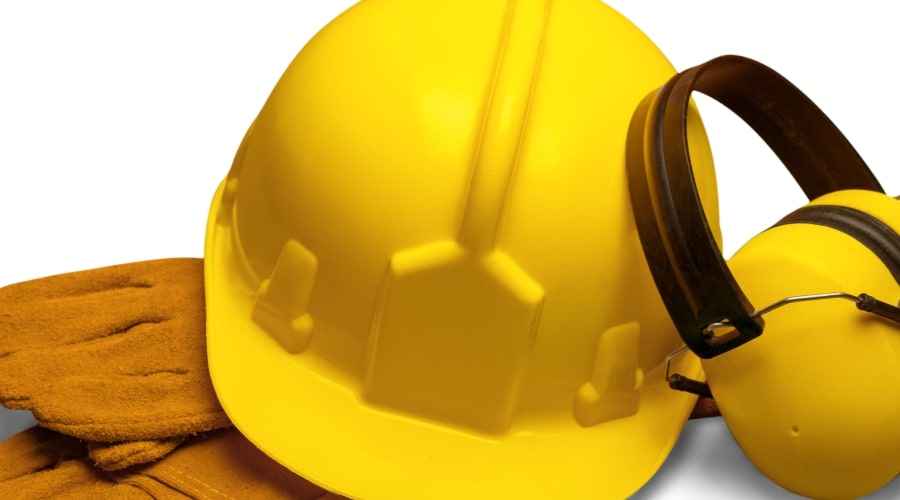Helmets are essential safety gear for anyone who participates in activities such as biking, skateboarding, or snowboarding. They protect your head from serious injuries and should fit snugly to ensure maximum protection. However, many people struggle to fit their helmets correctly, which can reduce their effectiveness. In this article, we will guide you on how to fit a new helmet correctly to ensure your safety while engaging in your favorite activities.

Understanding Helmet Sizing
The first step in fitting a new helmet is understanding the sizing. Manufacturers make helmets in various sizes, ranging from small to extra-large. The correct size helmet is the one that fits snugly on your head without being too tight. A helmet that is too tight will cause discomfort, while a loose one will not provide adequate protection. To measure your head size, use a tape measure to measure the circumference of your head one inch above your eyebrows.
Choosing the Right Helmet
The next step is choosing the right helmet for your activity. Different activities require different types of helmets. For example, a bike helmet is different from a snowboarding helmet. Bike helmets are lightweight and well-ventilated while snowboarding helmets are designed to keep you warm in cold weather. Choose a helmet that is specifically designed for your activity to ensure maximum protection.
Fitting the Helmet
Once you have chosen the right helmet, it’s time to fit it properly. Follow these steps to fit your helmet correctly:
Step 1: Adjust the Straps
Start by adjusting the straps. The chin strap should be tight enough to prevent the helmet from moving around but loose enough to allow you to breathe comfortably. The helmet should be level on your head, with the chin strap fastened securely.
Step 2: Adjust the Padding
Most helmets come with additional padding that can be added or removed to ensure a snug fit. Add or remove padding as necessary to achieve a comfortable, secure fit. Make sure the helmet is snug but not too tight, as this can cause discomfort.
Step 3: Check for Movement
Check for any movement of the helmet by moving your head side to side and up and down. The helmet should not move more than an inch in any direction. If it does, adjust the straps or padding until it fits securely.
Step 4: Check for Visibility
Finally, check your visibility by looking in a mirror or having someone else check for you. The helmet should not obstruct your vision in any way.
Maintaining Your Helmet
Now that you know how to fit a new helmet, it’s essential to maintain it properly. Here are some tips on how to take care of your helmet:
Tip 1: Clean Your Helmet
Clean your helmet regularly to remove sweat, dirt, and other debris. Use a mild soap and water, and dry it thoroughly before using it again.
Tip 2: Store Your Helmet Properly
Store your helmet in a cool, dry place away from direct sunlight. Avoid storing it in a hot car or garage, as this can cause the materials to deteriorate.
Tip 3: Replace Your Helmet
Replace your helmet if it has been damaged or involved in an accident. Even if it looks fine, it may have internal damage that can compromise its effectiveness.
Related: How to Tell if Your Bike Helmet is Too Big
Frequently Asked Questions:
Can I wear a helmet that is too big or too small?
No. A helmet that is too big or too small will not provide adequate protection. It should fit snugly on your head without being too tight.
How often should I replace my helmet?
You should replace your helmet if it has been involved in an accident or if it shows signs of wear and tear. A helmet can also degrade over time, so it’s recommended to replace it every five years.
Can I wear someone else’s helmet?
No. A helmet should be fitted specifically for your head to ensure maximum protection. Even if it looks like it fits, it may not provide adequate protection for you.
Can I wear a winter hat under my helmet?
No. Wearing a winter hat under your helmet can affect the fit and reduce its effectiveness. Instead, wear a helmet liner specifically designed for cold weather.
Can I customize my helmet with stickers or paint?
It’s not recommended to customize your helmet with stickers or paint as it can affect the integrity of the materials and reduce its effectiveness. Stick to manufacturer-approved decals and avoid painting your helmet.
Conclusion
Fitting a new helmet correctly is crucial to ensure your safety while engaging in your favorite activities. Make sure you choose the right helmet, adjust the straps and padding, check for movement and visibility, and maintain it properly. By following these steps, you can enjoy your activities with peace of mind knowing that you are well-protected.
Helmetslab is a website that focuses on providing in-depth reviews and information about different types of helmets, including motorcycle helmets and others helmets. I am writing a post with proper research on the info that helps helmet users.

